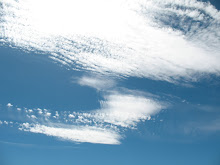Soil is essential to filtering water for almost all uses. In nature, it filters animal excrement and minerals. This means that these things don't enter waterways in toxic concentrations. Some things are filtered by attaching to the clay minerals in the soils or adhering to other soil particles, and others are filtered by the billions of organisms that live in the soil. A new technology called "bioremediation" uses soil microorganisms to clean contaminants out of water, some of which are extremely toxic. For more information on bioremediation, see the USGS page: http://water.usgs.gov/wid/html/bioremed.html.
Human activities such as tilling, running too much livestock and driving cause soil compaction. This reduces the soil's ability to store and filter water. Over fertilizing or fertilizing at the wrong time of the year, causes runoff with pollution loads that are sometimes too great for the soil to effectively filter. This causes pollution in rivers and ultimately the ocean, which creates a chain reaction of algae population explosions followed by massive deaths of aquatic wildlife. This is one reason why no-till practices are starting to become the preferred agricultural practice, especially among organic farmers. It is also being suggested that fertilizer only be applied during the season when the plants will use it, so it isn't wasted. In most cases, the fertilizer is applied in the dormant season, and most of it runs off in the water, rather than being used by plants.

No comments:
Post a Comment